Since joining Fnatic at the beginning of 2015, Luis “Deilor” Sevilla has made a name as one of the best coaches in professional League of Legends. That made the news of him stepping down in August very surprising. In a new interview with Diario AS—a sports site from his home country of Spain—Deilor explained some of his thoughts about leaving, Including his goal to help enact long-standing change and make League of Legends esports sustainable in the long term. He wants to leave his mark on the entire sport and bring esports into the 21st century.
Deilor’s background is different to many in the professional League of Legends industry. He played and coached poker professionally before joining the League scene and still isn’t much of a League player. He is older than most of his peers, has more life experiences, and takes his job with a unique sort of seriousness. His process is to develop an analytical framework that the players can use, rather than inform them with his game knowledge. The process has worked: he led Fnatic through an undefeated split in the summer of 2015 and followed it with a semifinal appearance at Worlds where Fnatic lost to finalists KOO Tigers.
Since then, Fnatic have shuffled the roster several times around star carries Fabian “Febiven” Diepstraten and Martin “Rekless” Larsson. Fnatic didn’t replicate that success in 2016, but the team remained a major playoff contender until the end of the Summer Split.
It must have been a difficult to leave that track record and the Fnatic organization behind. So what does Deilor have in store for esports?
Issues at the heart of the team
When Deilor first stepped down, he indicated Fnatic’s poor showing in LCS Summer was a major factor. “For the last couple of months my work hasn’t lead us to a healthy environment, the team has barely improved and we didn’t have positive results,” Deilor wrote. “As a coach, if you are not able to fix the issues it means that you are not doing your job properly or players aren’t willing to cooperate.” According to Deilor, the players were “not committed” to changing their fortunes and unwilling to make the “sacrifices” required.
The problem is not that they are young; the problem is that they are young players without training.
To some, this sentiment could have indicated a weakness in Deilor’s mindset. After all before the Summer Split, Fnatic had never finished below semifinals at any competition they entered. One bad Split and he steps down while blaming the players? He might have been forced out by an organization tired of his methods. Adding fuel to the fire are comments from Febiven that indicated frustration with Deilor’s coaching style, particular his lack of knowledge of the nuances of the game. Certainly no coach is perfect. But players can sometimes be short-sighted, focusing too much on themselves and unable to see the broader structural issues that surround the sport.
Deilor made it clear in the interview that the problems facing Fnatic actually face many teams in professional League. With an eye on his failures as a coach, he decided that a much bigger change was necessary.
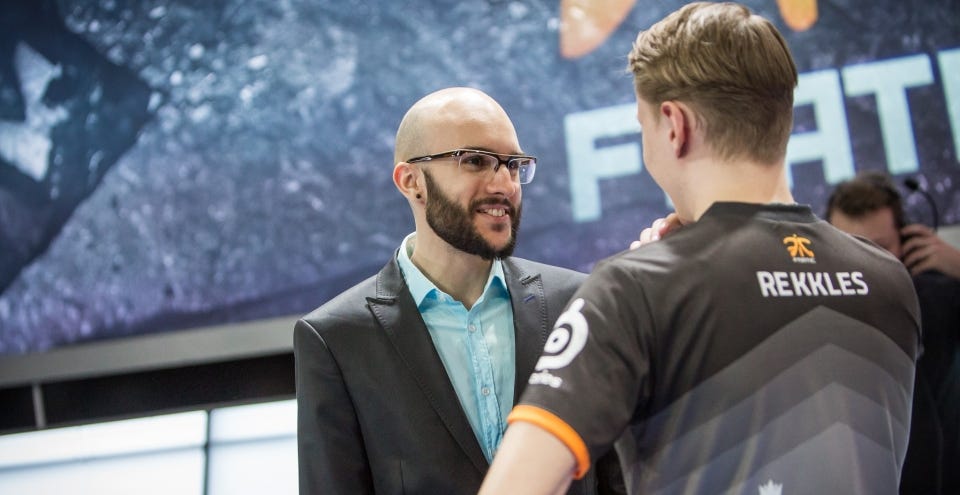
Issues at the heart of esports
Deilor made it clear later in the interview that the issues he encountered at Fnatic were not all the players’ fault. “There is a serious lack of professionalism,” he said, “but the problem is not that they are young; the problem is that they are young players without training.” He then compared League players to players in traditional sports. In traditional sports like football, players are acclimated to the team atmosphere at a very young age. In League, there are professional players that have worked their way up the ladder on their own and have never had a meaningful team experience. The pressure is then increased when they turn pro, often playing 16 or more hours a day with maybe one day off per week.
Keeping all this together is one of esports’ greatest weaknesses. Teams from the grassroots level all the way to the LCS lack the resources and infrastructure to provide what he believes is an optimal player environment. “The industry is so green that the work you have to do as a coach is as psychologist, father, strategist, nutritionist, personal trainer, etc.,” Deilor said. “There is not enough money for this. For example, a professional basketball team can have extensive staff, but right now in a team of League of Legends you have a coach , an analyst, a manager… there aren’t enough personnel.”
Fielding a full team with substitutes is also an issue for many organizations, especially in the West, where talent is scarce and teams don’t have the necessary resources to propagate it. According to Deilor, this gives players an “absurd amount of power”.
Beyond that, not having substitutes makes for an impractical training regime where players spend most of their time scrimmaging other teams or playing games against mostly random opponents online. It’s hard to imagine any team building cohesion or strategy in that environment, and indeed, few teams have been able to succeed at building a stable practice system. In fact, Fnatic and Counter Logic Gaming are two of the rare teams the consistently build practices around objectives and strategies beyond just winning. That shows in their game and map knowledge, as well as their ability to execute pre-planned openings and plays in the chaos of a typical League game.
As an outsider to League, it’s easy to see why those structural issues prevented Deilor from having longer success with Fnatic. Perhaps the players lost faith in him—that’s a phenomenon teams in conventional sports face all the time. At the same time, two years is a very short time to quit on a coach. His own shortcomings aside, that speaks to the broader issues he talked about. At the very least, he’s pinpointed why he wasn’t a good fit and why he won’t jump into another bad situation.
Deilor indicated that no LoL team has the infrastructure in place to support him as a coach. Fnatic has acknowledged some of his thoughts with major changes to the roster and infrastructure heading into 2017. They will add staff and try to build a team with a 10 man roster, meaning subs for every position.
Even if a team did bring in more money to build a more sustainable structure though, Deilor indicated would prefer managing to coaching. “Today my goal is to professionalize this industry, change the culture of esports and help them evolve,” Deilor said in closing “The fans are already here, but the organizations don’t have the appropriate structure, nor do the players have the resources needed to achieve their maximum potential… My goal is that my work benefits all professionals, organizations and fans of esports, not just a single team.”


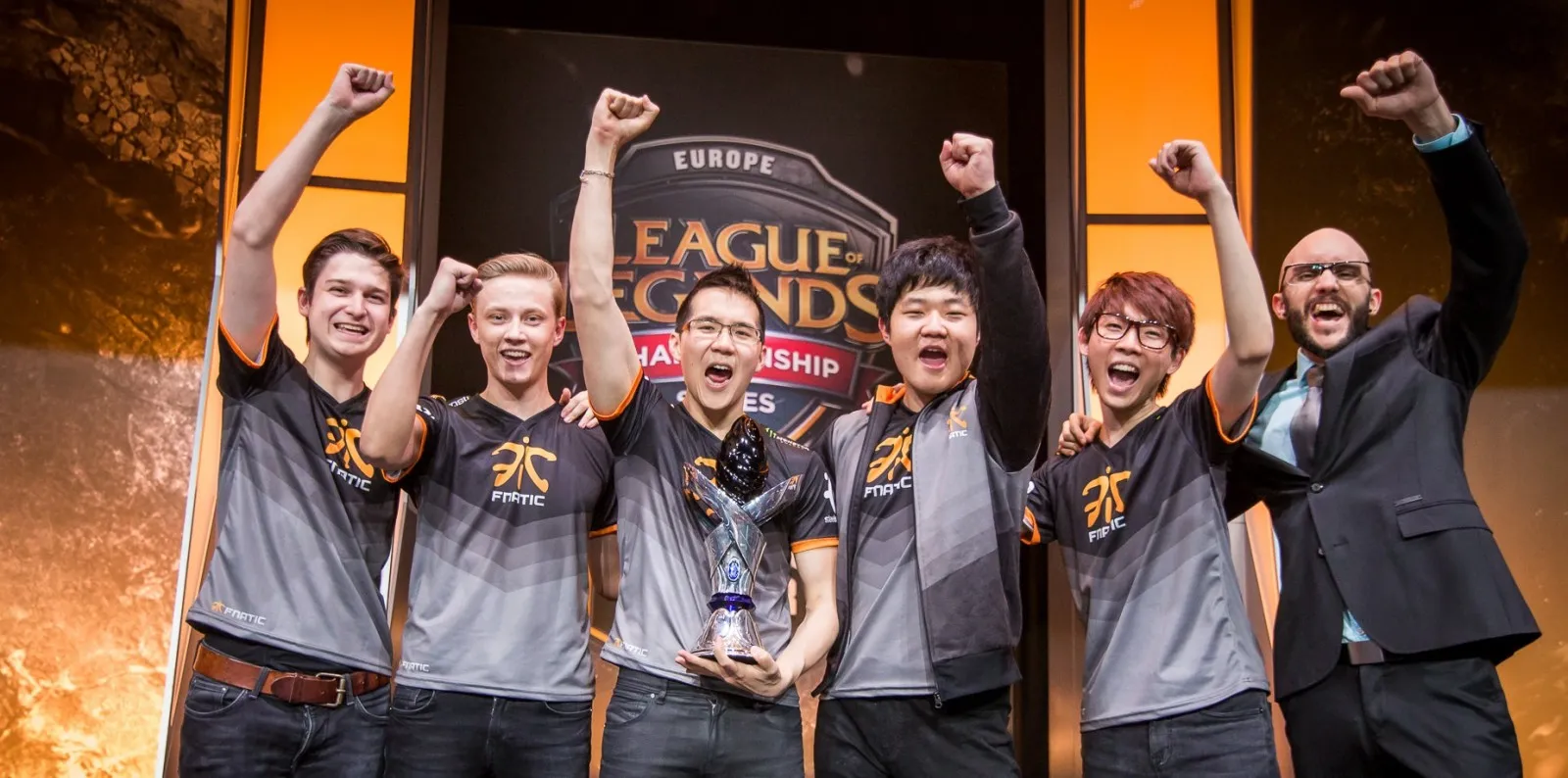
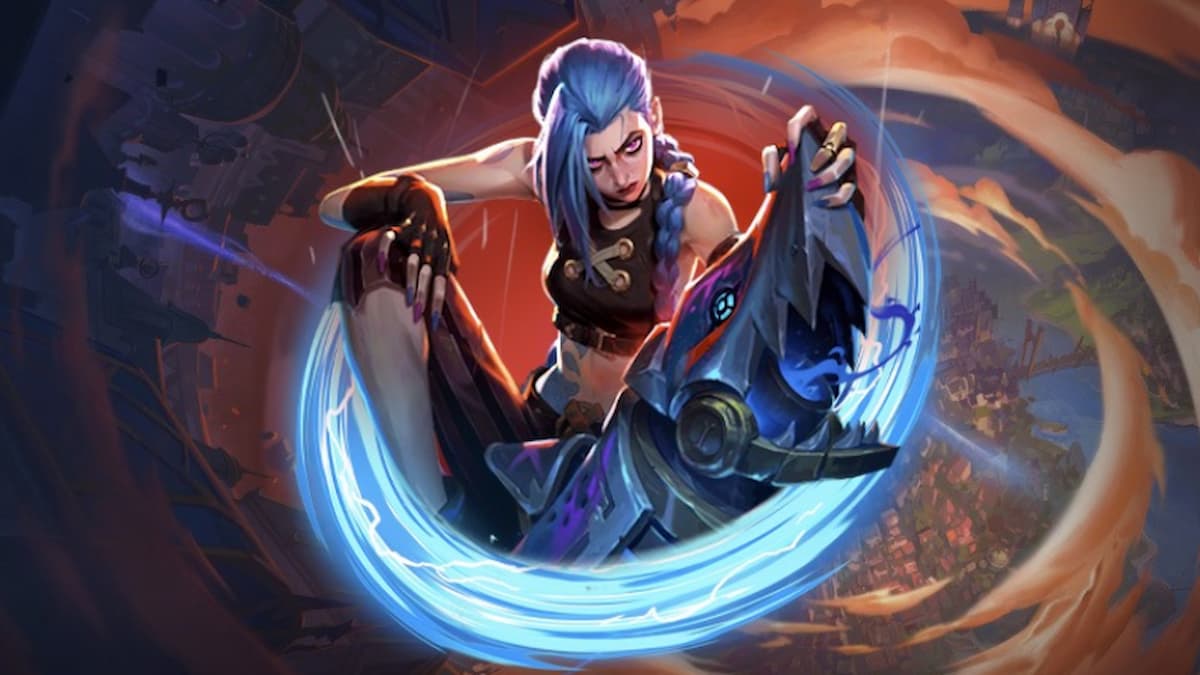
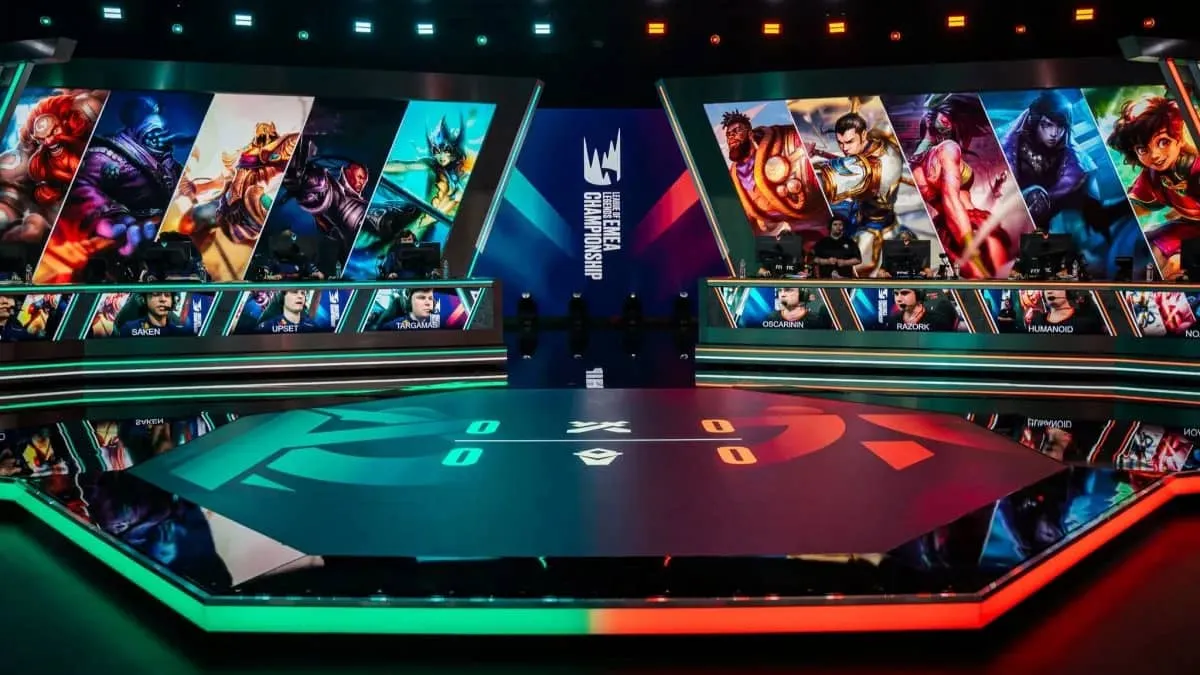
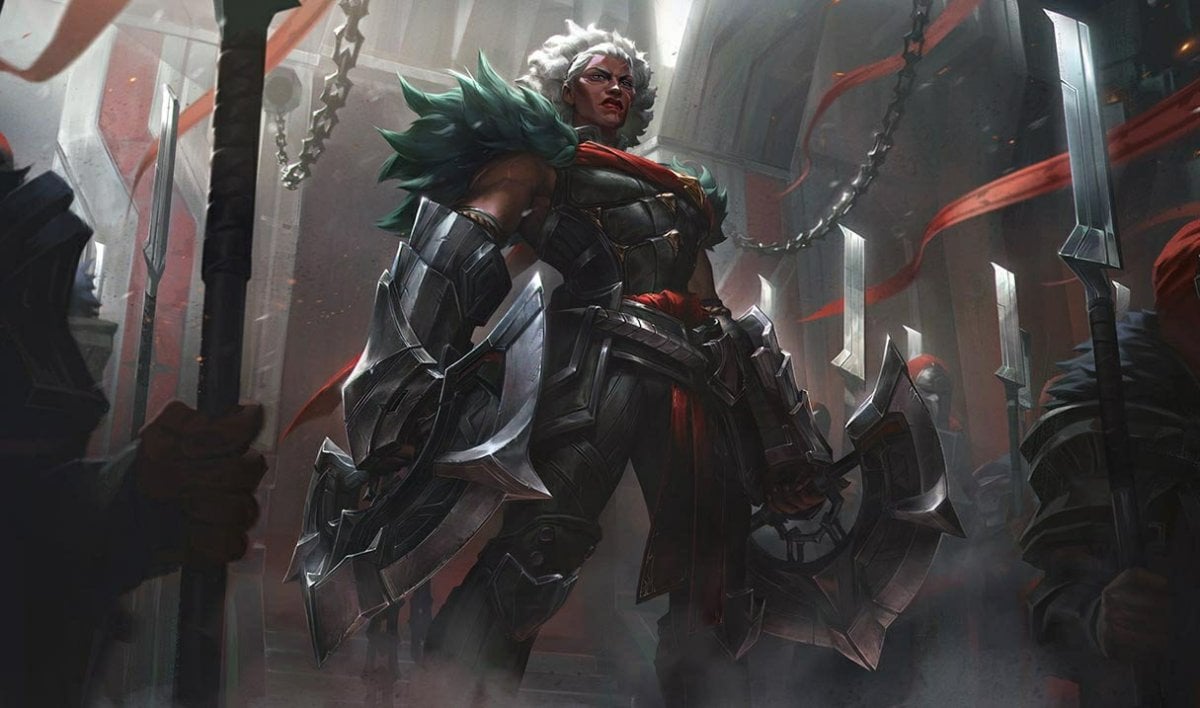

Published: Nov 13, 2016 12:00 pm